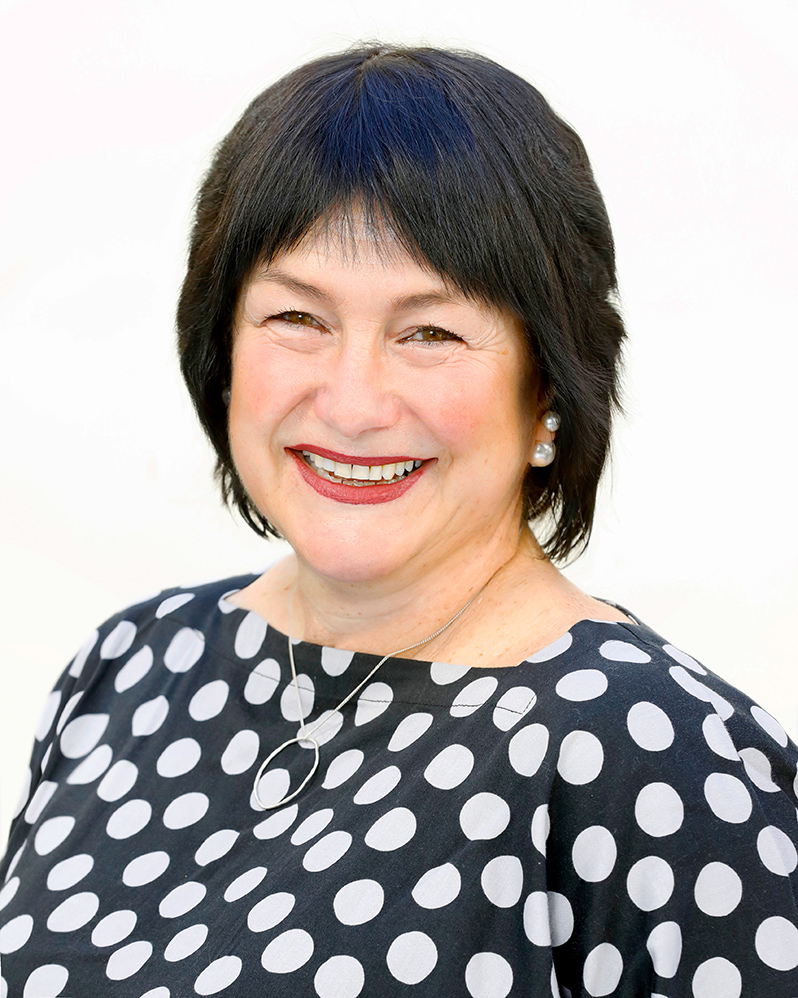
Dear Readers,
With 60 percent more viewers than last year, the figures from Locarno Film Festival speak volumes. And they are representative of a trend that is crucial for cinema’s survival: After the two most critical years of the pandemic, audiences are returning. This is evident in the great response to the various festivals, and also in the fact that Toronto is back as an in-person event this year. The blockbuster success of films like TOP GUN: MAVERICK is yet another indication.
But this development needs to continue. In relation to the German market, this is quite obvious. According to a new representative survey by SL Research, 78 per cent of the cinema-goers questioned in August had visited a cinema again in the past twelve months – an increase of nine per cent compared to the equivalent survey in May. And although the success of the big audience hits offers cause for celebration, the figures in the arthouse sector still leave a lot to be desired.
Nevertheless, the continuing high level of interest in German films abroad is a positive aspect. This year in Locarno, Germany was the focus of “First Look”, the festival’s “Work in Progress” section. In cooperation with German Films, the makers of six feature films currently in the post-production stage presented their work. Lukas Nathrath won the Cinegrell Award worth 50,000 euros for LETZTER ABEND, a production by Klinkerfilm.
The acknowledged status of German film has also been evident at the major autumn festivals so far. Edward Berger’s ALL QUIET ON THE WESTERN FRONT was feted in the ‘Special Presentations’ section, and this film adaptation of Erich Maria Remarque’s legendary anti-war novel will be entering the Oscar race for Germany.
The co-productions CORSAGE, HOLY SPIDER and last but not least TRIANGLE OF SADNESS, which caused a sensation in Cannes, were shown in the same section. Five German co-productions, including Ulrich Seidl’s SPARTA, were shown in the Contemporary World Cinema section. There was a strong German presence in other sections as well, and also in the talent development programme TIFF Filmmaker Lab, including the world premiere of 1899, the new Netflix series by the makers of DARK, Baran Bo Odar and Jantje Friese.
In Venice, German productions and co-productions were shown in various subsidiary sections, such as Pedro Harre’s VR project FROM THE MAIN SQUARE in ‘Venice Immersive’, five films, including TRENQUE LAUQUEN by Laura Citarella, in the competition of the sub-section ‘Orizzonti’ and PADRE PIO with Shia LaBeouf by cult director Abel Ferrara in ‘Giornate Degli Autori’ – not forgetting Alex Schaad’s SKIN DEEP in the ‘Settimana Della Critica’. In addition to the major summer festivals, German film is also being represented at the upcoming film weeks in Buenos Aires, Paris and Beijing this autumn.
German Films continues to play its part in supporting the worldwide theatrical release of German movies. Most recently, 200,000 euros were distributed for 24 productions, including Andreas Dresen’s Berlinale competition title RABIYE KURNAZ VS. GEORGE W. BUSH.
Unfortunately, the general conditions remain difficult – especially on the German market. New measures to combat the pandemic are strict by comparison to other European countries and may again – theoretically – result in access restrictions to cinemas. The rapidly rising energy costs, combined with limited gas supplies, are equally problematic – a situation that is becoming more acute in Germany. The imponderables of the Ukraine war and inflation continue to be cause for concern. Ultimately, however, we are all left with this unwavering appeal to our industry’s resilience: "The show must go on".
Yours, Simone Baumann
Managing Director
